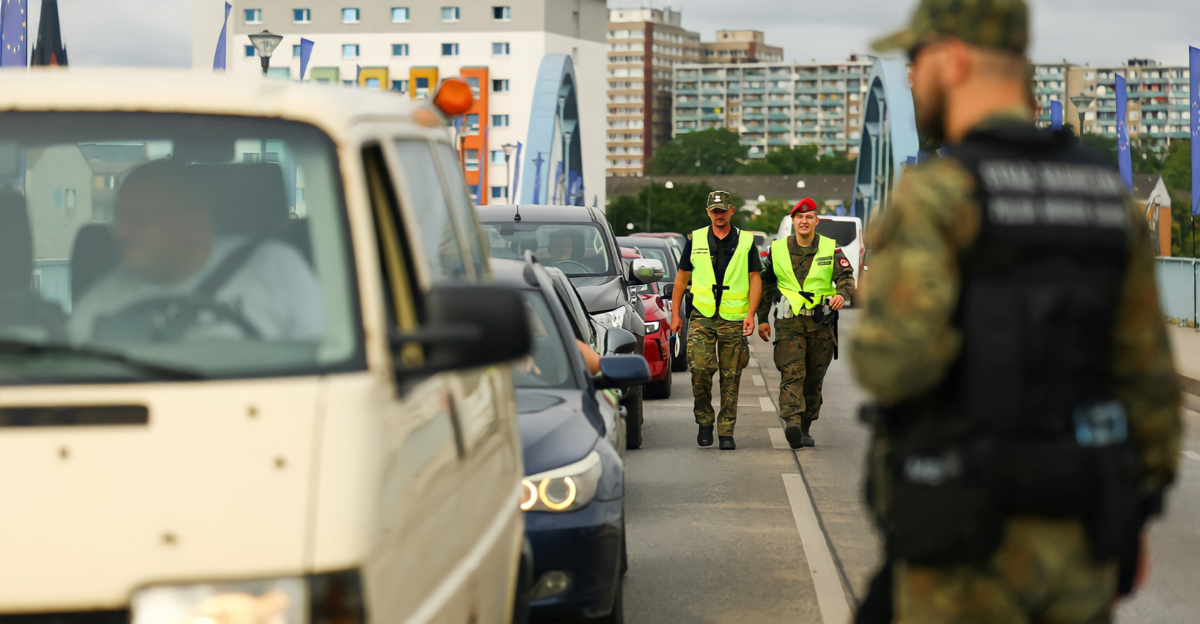
Poland’s border with Germany has become a key focal point in Europe’s ongoing migration debate. Officials are sounding alarms over increasing undocumented crossings and rising legal complications. The implications are significant for regional security and EU border protocols. By July 2025, tensions had escalated, highlighting a notable shift in Poland’s approach to managing its borders.
As the situation evolves, the stakes remain high for both nations, reflecting broader European concerns about migration policy and border integrity. “Every day, it feels like we are at a crossroads,” stated a local official, underscoring the urgency of the issue ahead.
Migrant Influx
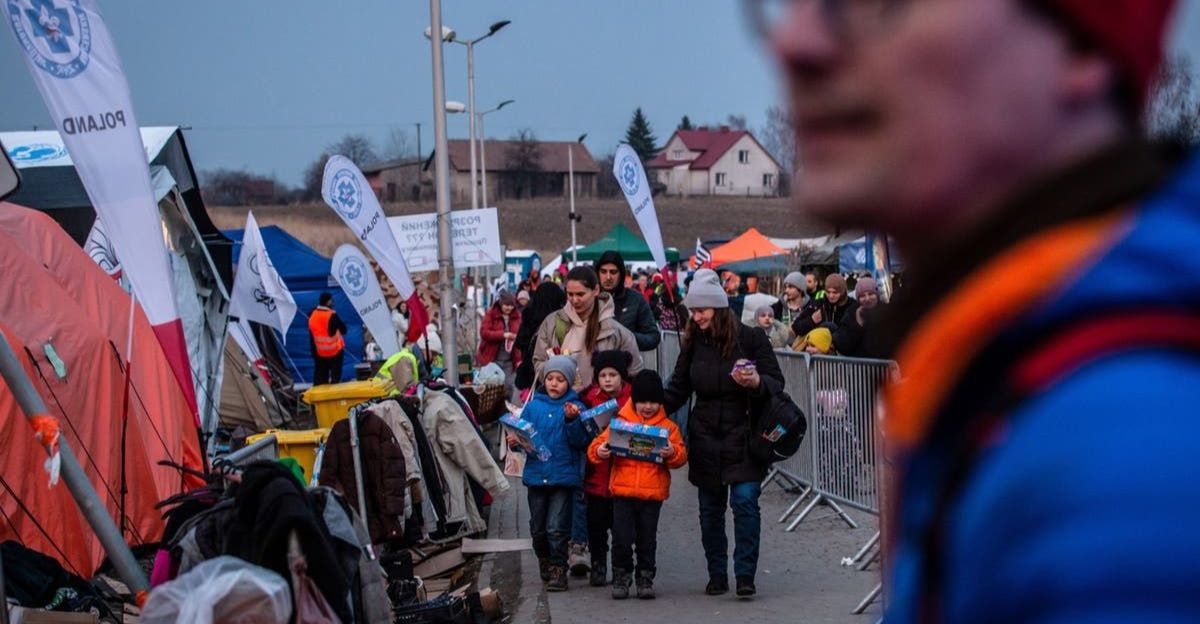
Since January 2024, Poland has seen over 11,000 migrants enter its borders, many fleeing challenging conditions and having endured failed asylum attempts in Germany. This dramatic surge in numbers has put local systems under immense strain, prompting the government to take immediate action.
Local authorities have expressed concerns over the sustainability of their resources as they struggle to address the growing influx. “We are overwhelmed; it’s hard to keep up,” a community leader remarked, encapsulating the growing anxiety that drives Poland’s security agenda amid these increasing cross-border flows.
Historical Context
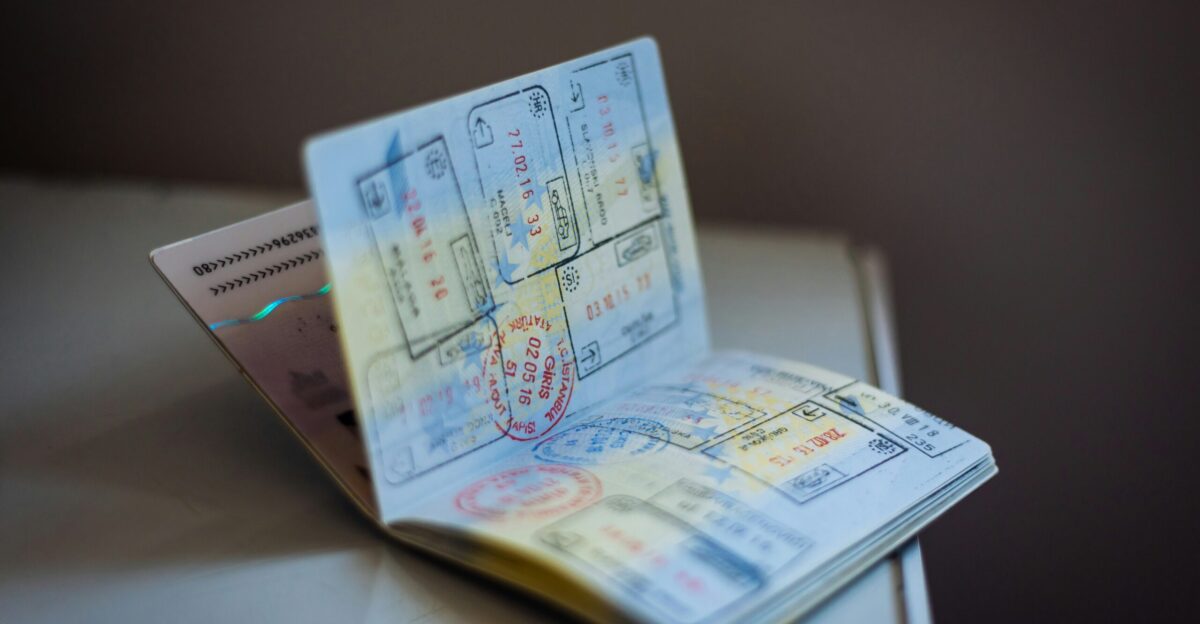
The Polish-German border has historically operated under EU Schengen rules, which enable people to move freely. For years, this system facilitated trade and travel, contributing to economic growth in the region. However, recent migration pressures have begun to test these principles, forcing Poland and Germany to reevaluate their border policies.
“It was always about openness, but now we must be cautious,” a historian pointed out, emphasizing how the current crisis reflects broader changes in European migration trends. As both nations grapple with rising migration numbers, stricter controls are increasingly being considered.
Political Landscape
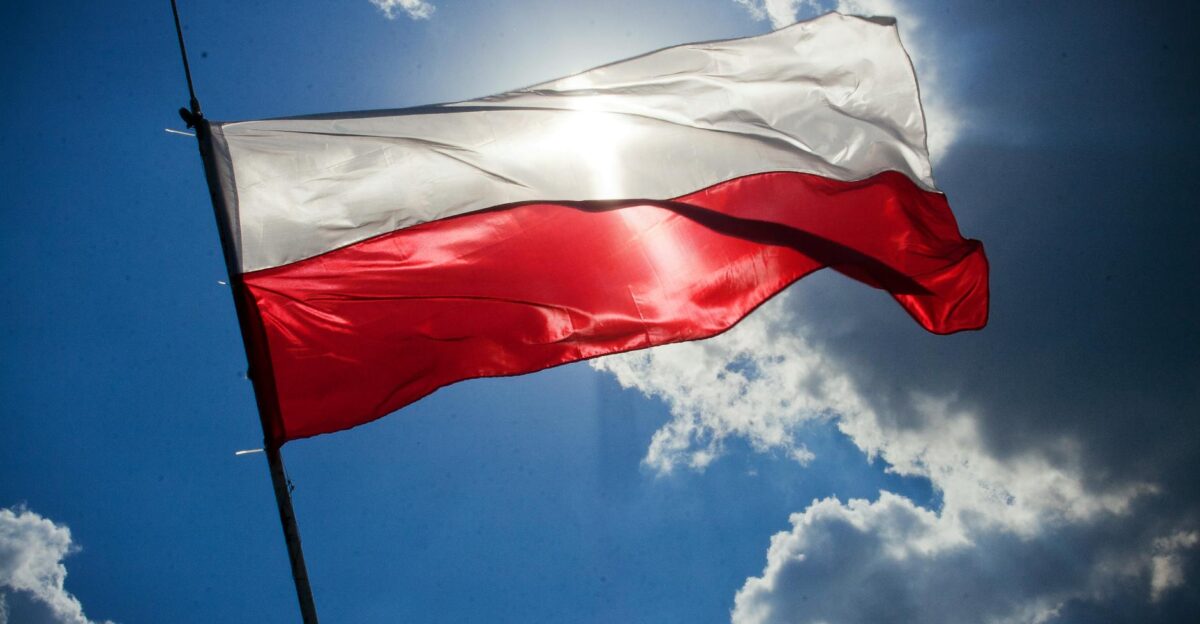
As migrant arrivals surged, Poland’s government faced intensified criticism from opposition parties and increasingly restless citizens. Calls for stronger border security reverberated throughout political discourse, demonstrating widespread public anxiety about the situation.
“We need more decisive action,” one opposition leader stated, echoing a sentiment shared by many worried citizens. This growing divide highlighted the political stakes surrounding migration policies in Poland, where the government’s response has become a litmus test for its competence and commitment to national security.
Troop Deployment: A Pivotal Moment

On July 7, 2025, Poland deployed 5,000 troops to the German border, citing urgent security needs in light of the escalating migrant crisis. Government officials characterized this move as a temporary, yet necessary response aimed at stemming the flow of migrants and restoring order at pivotal crossing points.
“This is about protecting our sovereignty,” a defense spokesperson asserted. The deployment represents a turning point in Poland’s border management strategy, signaling a shift toward more militarized approaches as the government seeks to balance humanitarian concerns with national security.
Local Community Impact
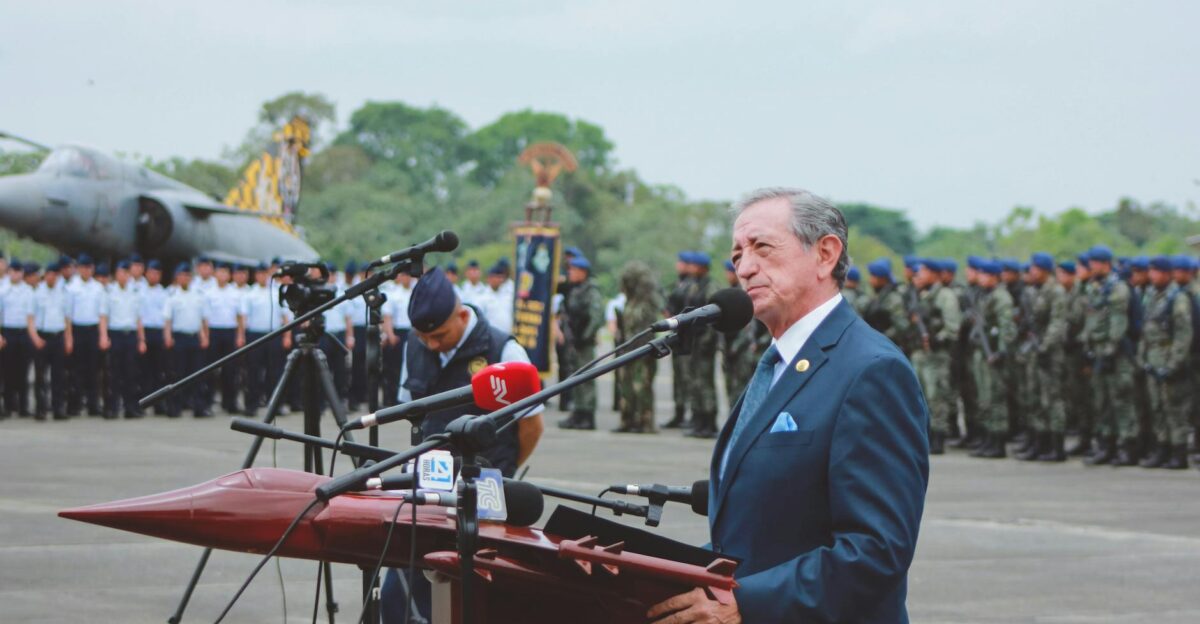
With the deployment of troops and new security measures, local communities near the border have experienced noticeable changes. Increased military presence and surveillance activities have transformed daily life, leading to roadblocks and ID checks becoming commonplace.
Residents have expressed mixed feelings about the heightened presence; while some feel safer, others are concerned about the implications for personal freedoms. “It’s strange to see soldiers where there used to be open roads,” remarked a local farmer, reflecting the complex emotions surrounding the new reality in border towns.
The Human Cost
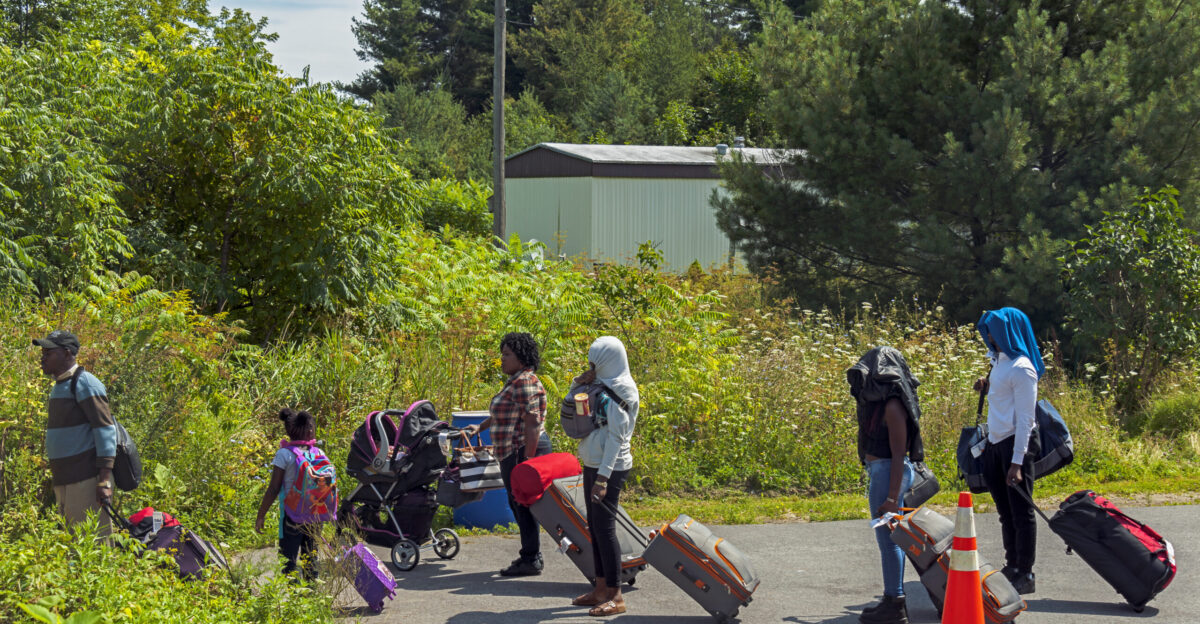
Migrant advocacy groups have tirelessly spotlighted the harsh realities faced by asylum seekers. Many individuals, including families, are experiencing profound distress while navigating uncertain and lengthy asylum processes. “We’re seeing families in limbo, desperate for stability,” said a legal aid worker from Warsaw.
Reports indicate alarming shelter shortages and a backlog in asylum applications, fuelling urgent calls for humane solutions. As stories of hardship emerge, pressure mounts on authorities to address the needs of those caught in the chaotic migration web.
Germany’s Strategic Response

In response to the rising number of undocumented migrants, German authorities have returned thousands under the EU’s Dublin Regulation, which mandates that asylum seekers apply for status in the first EU country they enter. The collaboration between Berlin and Warsaw aims to optimize the return process, yet policy discrepancies pose challenges.
“We are committed to upholding our obligations, but the current framework is strained,” a German official highlighted. This partnership reflects the critical need for synchronized approaches to migration management amidst mounting pressure on national systems.
EU Implications

The standoff over migration policy places significant pressure on the European Union to uphold its Schengen border regulations. Neighboring countries observe as Poland and Germany navigate this ongoing crisis. EU officials are calling for targeted solutions that respect national sovereignty and the principles of free movement inherent in the Schengen agreement.
“The EU must act swiftly to ensure solidarity among member states,” remarked an EU Commissioner, emphasizing the need for a unified response to Europe’s growing migration challenges.
Extended Border Controls

In August 2025, Poland officially announced the extension of its border controls until October, citing sustained migration risks and ongoing security necessities. This decision has deepened political divisions within the country, illustrating the complexities of maintaining national security while addressing humanitarian needs.
The Polish Ministry of Interior & Administration noted that “continued vigilance is essential,” indicating a long-term commitment to stricter enforcement at its borders. As controls intensify, the ramifications for both migrant experiences and Poland’s international relationships continue to unfold.
Internal Political Tensions
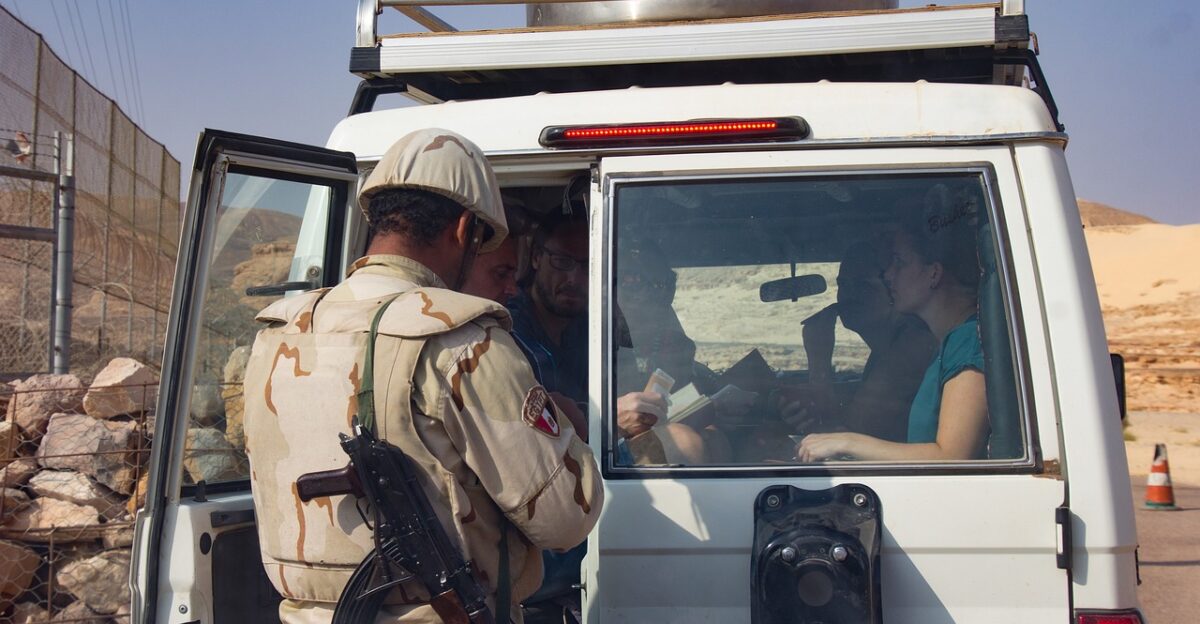
The crisis has heightened internal tensions, especially among opposing political factions. Lawmakers from various parties have accused the government of excessive measures, asserting that military deployment undermines civil liberties. “We must protect our citizens without compromising our democratic values,” argued one opposition member.
Meanwhile, government supporters maintain that firm actions are necessary to ensure national safety. This political tug-of-war emphasizes the delicate balance that Poland must navigate while addressing the dual challenges of security and humanitarian obligations.
Shifts in Leadership

In light of the ongoing crisis, there have been significant personnel changes within Poland’s border guard and the Interior Ministry. New leaders have been appointed to emphasize coordinated enforcement and improved migrant processing.
“We aim to enhance our response capabilities while adhering to European responsibilities,” remarked a newly appointed border official. This shift in leadership reflects a broader commitment to addressing the complexities of migration management while balancing national and European obligations in a rapidly evolving landscape.
A New Strategic Framework
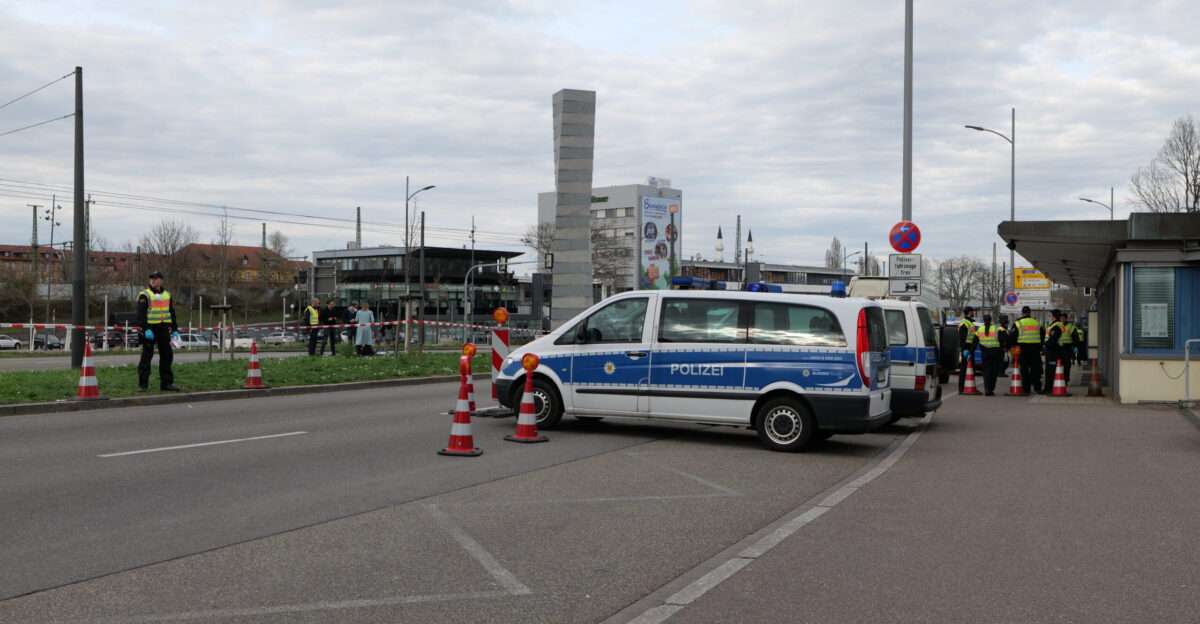
As the situation at the border evolves, Poland’s government has introduced a comprehensive new plan for border management. This strategy incorporates a blend of military presence and technological advancements to fortify the country’s capacity to manage migration. Plans include upgraded checkpoints, enhanced surveillance systems, and extensive staff training.
“We are redefining how we protect our borders,” a government strategist stated. This proactive approach addresses immediate concerns while laying the groundwork for sustainable long-term policy changes.
Expert Opinions on Short-Term Solutions

Security analysts remain skeptical regarding troop deployments as a long-term strategy to tackle migration challenges. Experts note that conventional military methods may only temporarily relieve surging migration pressures. “This isn’t just a security issue; we must address the underlying causes of migration,” an EU security analyst, Anja Mayer, emphasized.
The consensus among many experts is that collaborative EU action is essential for sustainable solutions, highlighting the necessity for innovative approaches to the multifaceted nature of migration issues within Europe.
Anticipating Future Migration
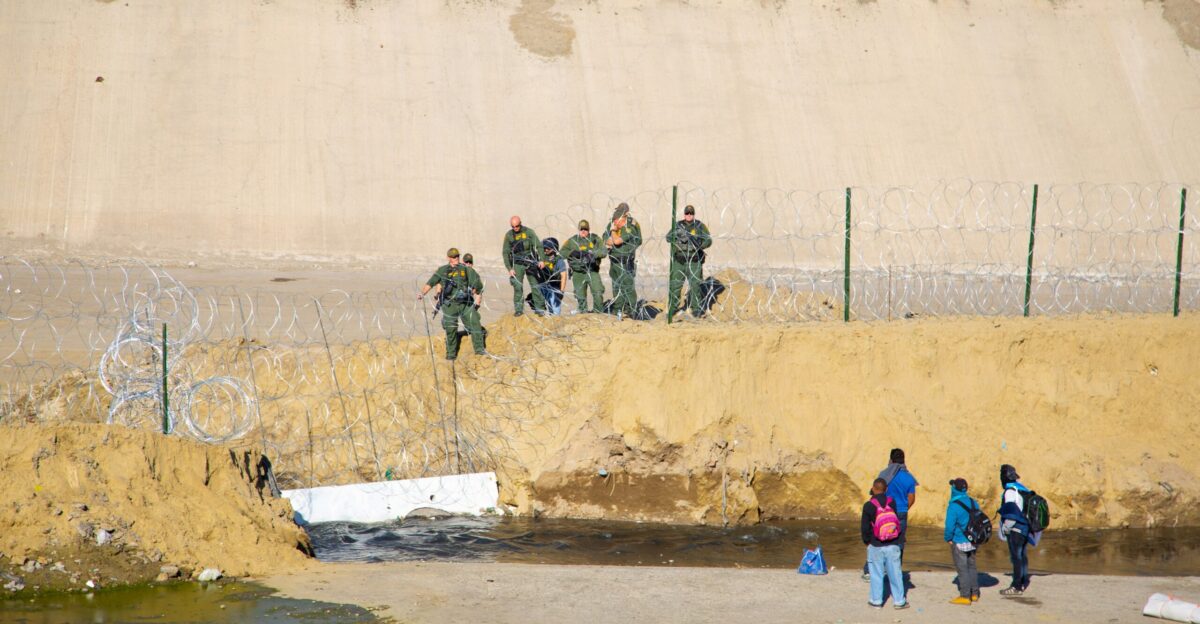
Officials anticipate continued migration pressures as established routes shift and global crises endure. The ongoing policy debates will likely focus on finding a balance between fulfilling humanitarian obligations and implementing robust border controls.
“We are bracing for a challenging future,” remarked a local immigration officer, acknowledging the complexities ahead. As global conditions evolve, Europe must adapt its migration policies to address emerging realities while remaining committed to fundamental human rights principles.
Political Ripple Effects
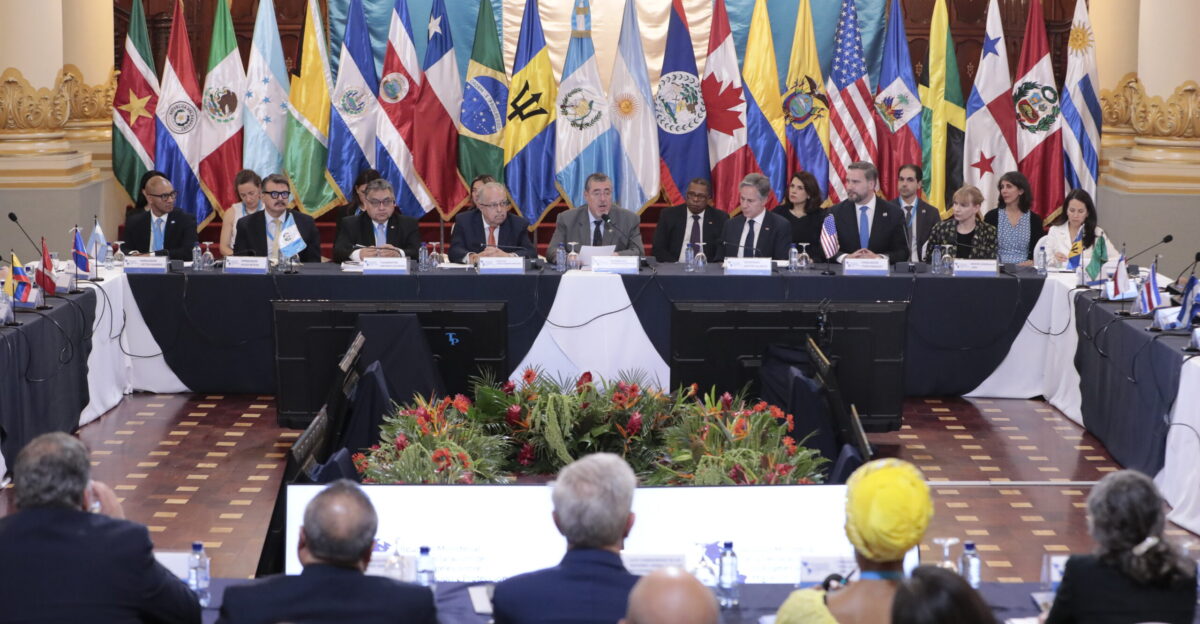
The implementation of troop deployments and stricter border measures has significantly impacted local political dynamics. These actions have empowered hardline political voices and reignited debates concerning Poland’s relationship with the EU.
“We are at a crossroads in our EU relations,” noted a seasoned politician, emphasizing the need for thoughtful dialogue amid the crisis. The long-standing commitment to EU principles is now being tested, compelling policymakers to consider the implications of border security measures on the nation’s international partnerships.
Role of Local Governments
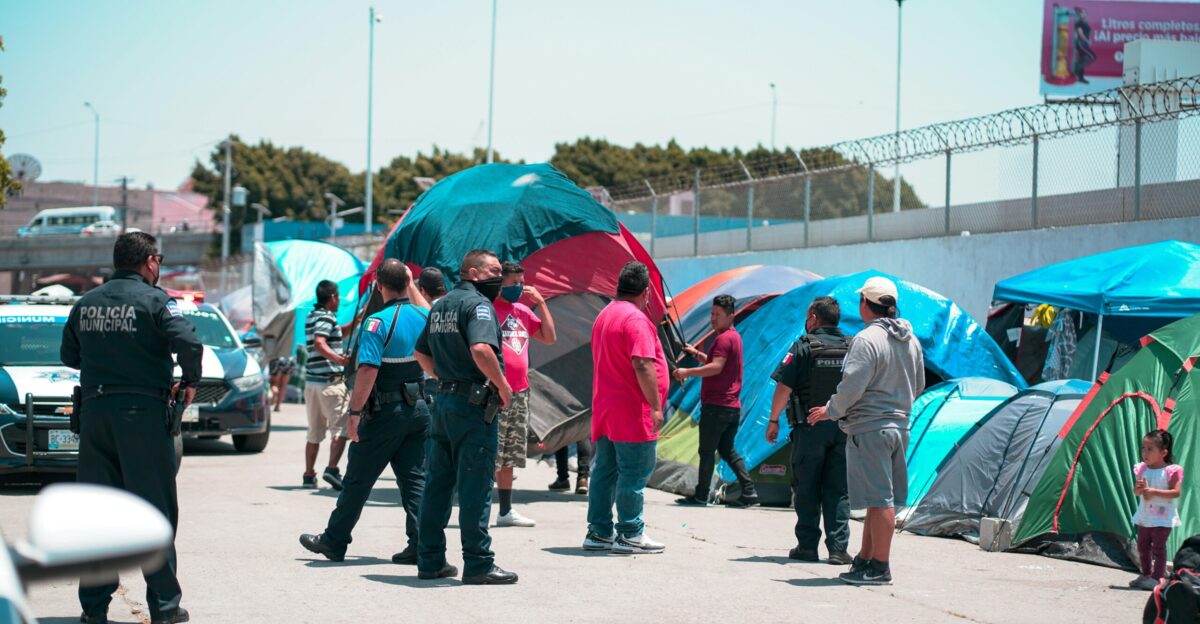
Local governments play a crucial role in addressing the challenges posed by the migration crisis. Many local officials work tirelessly to balance humanitarian needs with security objectives, actively seeking solutions to aid migrants while maintaining community safety.
“We must approach this as a shared responsibility,” said a local council member, highlighting the importance of collaboration. Their voices emphasize the nuanced complexities of regional governance as communities strive to adapt to the shifting landscape of migration and security.
Migrants’ Perspective

For many migrants, the journey to Poland represents both hope and uncertainty. Resilience and determination emerge as families seek safety and stability in a foreign land. “We just want a chance to rebuild our lives,” shared one migrant father, reflecting the emotional toll of their experiences.
Understanding these personal narratives becomes paramount as the situation develops, underscoring the importance of empathy amid a crisis characterized by rapid change and complex human stories.
Social and Economic Concerns
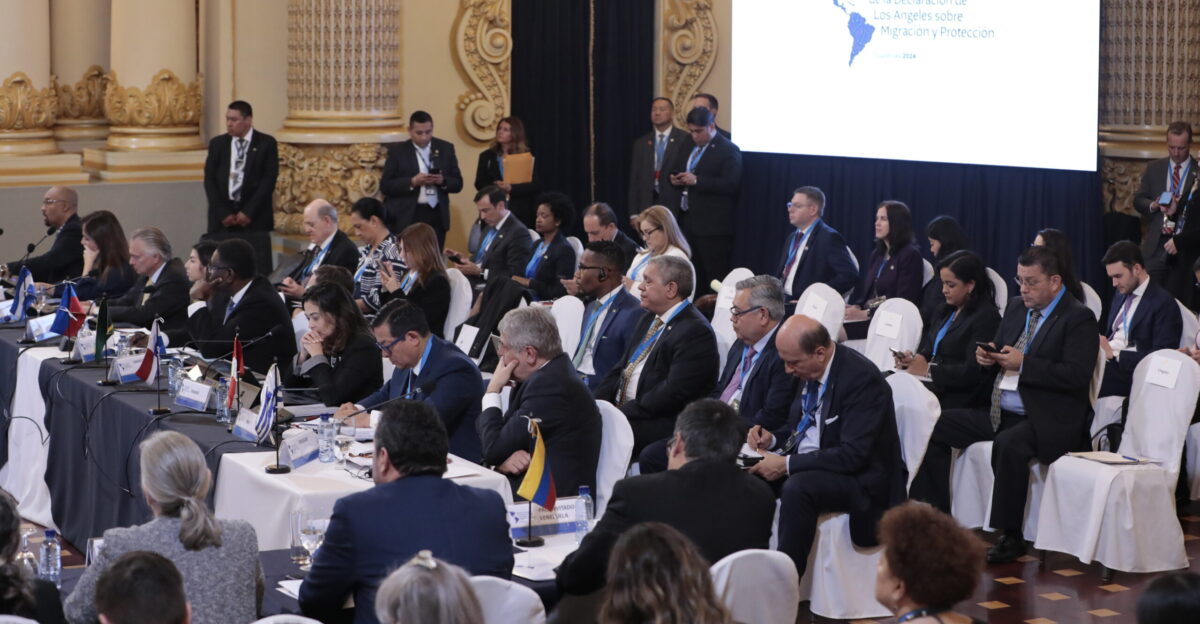
The migration situation has also raised significant social and economic concerns within Poland. Local businesses report fluctuating demand and challenges in addressing the needs of new arrivals. “The economic impact is palpable; we need support to manage these changes,” a small business owner stated.
As communities adjust to evolving demographics, tensions may rise, emphasizing the need for strategic planning that addresses economic realities and the region’s pressing humanitarian considerations.
Toward A Collaborative Future

As Poland grapples with heightened migration challenges, a concerted effort toward collaborative solutions involving all stakeholders is essential. Policymakers, local governments, civil society, and the EU must work hand in hand to formulate effective strategies that respect national security and humanitarian principles.
“Only through collaboration can we hope to find sustainable solutions,” an EU official emphasized. By fostering dialogue and cooperation, Poland and its partners can navigate this complex landscape and build a more resilient future in the face of changing migration patterns.